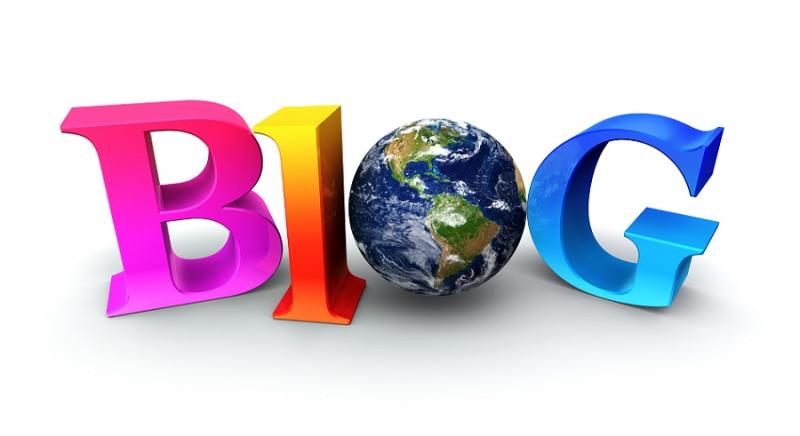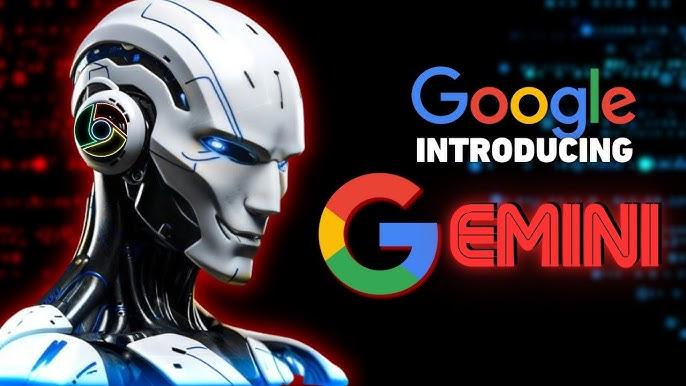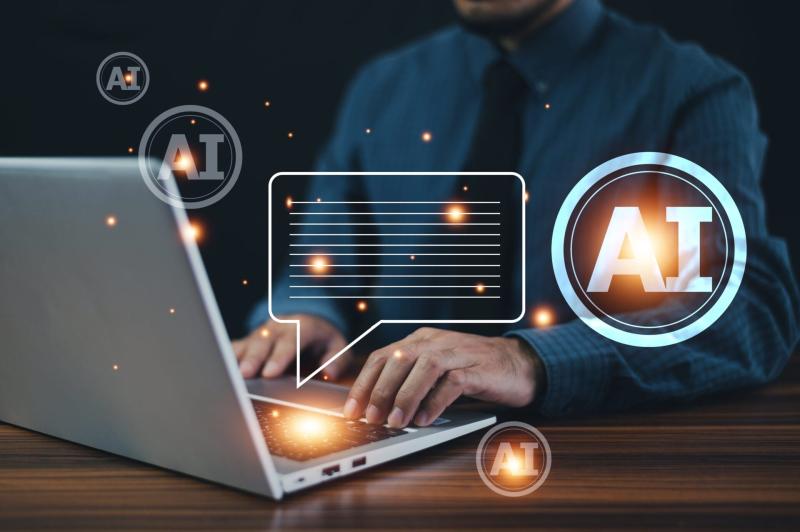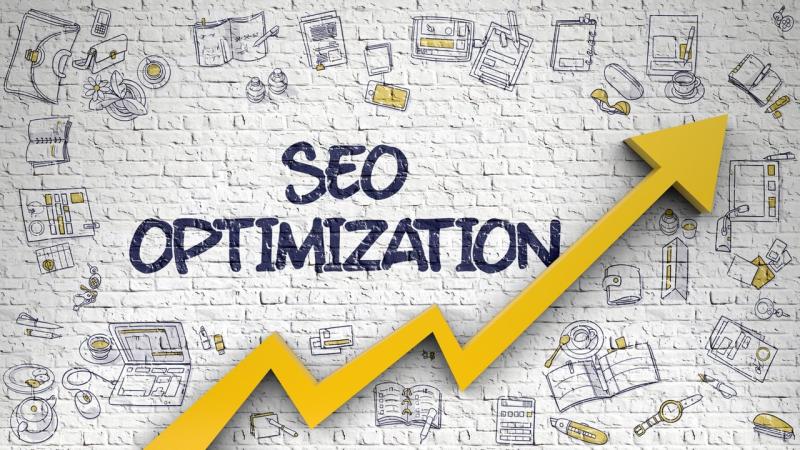From Skeptic to Believer: My AI Journey

**How I Learned to Trust AI in Marketing**
When I first encountered the concept of AI in marketing, I was skeptical. The idea of machines and algorithms determining how to market products, engage with customers, and drive sales felt too impersonal and disconnected from the human element. Marketing, after all, is about understanding emotions, trends, and the nuances of consumer behavior. How could an artificial intelligence, something devoid of emotions, possibly handle such a task?
However, over time, as I learned more about AI, my perspective began to shift. Here’s how I moved from skepticism to trust in AI marketing.
### Initial Skepticism
At first, AI felt like an overhyped trend. I had seen the promises of big data and digital transformation before, only to watch companies struggle to implement these technologies effectively. The idea of AI making marketing decisions seemed daunting. Would it rely too much on data, ignoring the emotional aspects that human marketers understand? Would it produce cookie-cutter campaigns, lacking creativity?
My concerns were legitimate. AI could analyze vast amounts of data quickly, but I was unsure if it could grasp the subtle intricacies of human emotion or deliver personalized experiences.
### First Exposure: Efficiency and Data Insights
The first time I worked with an AI marketing tool, my initial reaction was surprise at its efficiency. I was introduced to AI-driven tools that automated tasks such as segmenting customer lists, scheduling emails, and even running A/B tests on various ad creatives. The time I used to spend on these repetitive tasks was significantly reduced, freeing me to focus on strategic decision-making.
More impressively, AI’s ability to analyze data was eye-opening. It was able to identify patterns in customer behavior that I had never considered. For instance, it found correlations between specific times of day and higher engagement rates or between certain product combinations and repeat purchases. AI wasn’t replacing human intuition, but it was complementing it, providing insights I might have missed.
### Personalization: A Game-Changer
What really changed my mind was seeing how AI could personalize marketing efforts at scale. In the past, personalizing content for a large audience had been nearly impossible. AI, however, could analyze customer preferences, behavior, and previous interactions to deliver personalized recommendations, content, and ads.
I remember working on an email marketing campaign for a product launch. The AI system tailored the subject lines and email content based on each recipient’s past behavior—such as their previous purchases, browsing history, and engagement with the brand. The result? A significant increase in open rates and conversions. It wasn’t just a broad campaign; it felt like a series of personalized messages, all thanks to AI.
### Learning to Let Go
One of the hardest parts of trusting AI was relinquishing control. I had spent years relying on my instincts to make marketing decisions, and now I was being asked to trust algorithms. However, as I saw the results—higher engagement, more targeted advertising, and increased ROI—I began to understand that AI was not competing with me; it was empowering me.
Over time, I learned that AI could handle the heavy lifting of data analysis, automation, and personalization, while I focused on crafting strategies, understanding customer needs, and ensuring the brand voice remained consistent. AI took care of the “how,” while I focused on the “why.”
### The Future of AI in Marketing
As AI continues to evolve, I have no doubt that it will become an even more integral part of marketing. What I once saw as a potential threat, I now see as a valuable partner. The key was learning to trust AI as a tool that enhances human creativity and intuition, rather than replacing it. Today, I can confidently say that AI has made me a more effective marketer, allowing me to focus on strategic goals while leaving the data-driven decisions to the algorithms.
Trusting AI in marketing has been a journey, but it's one I’m glad I took.









Comments